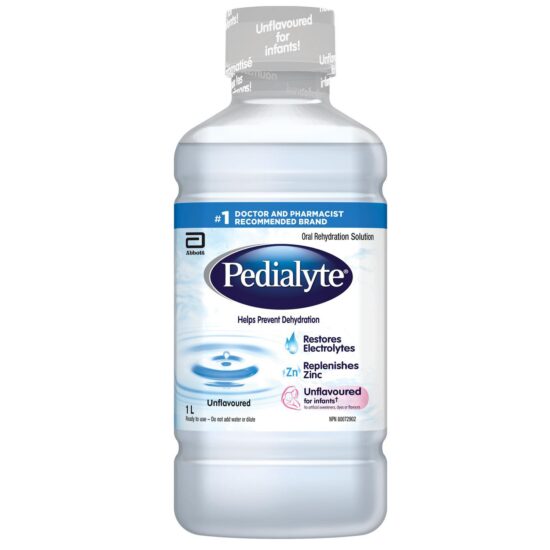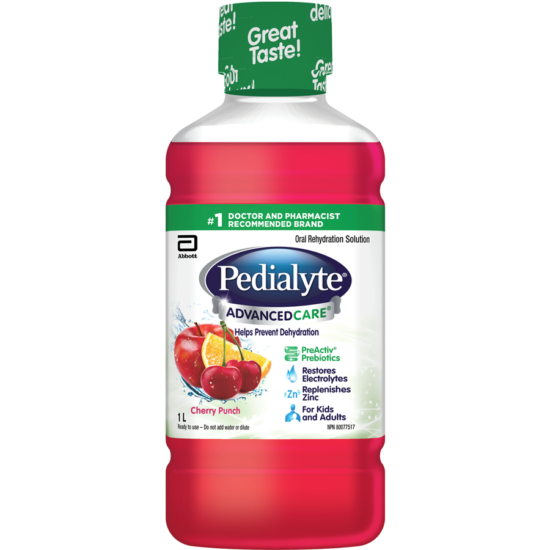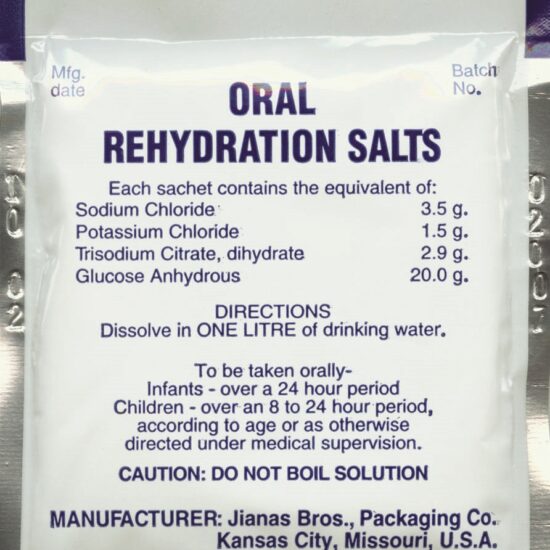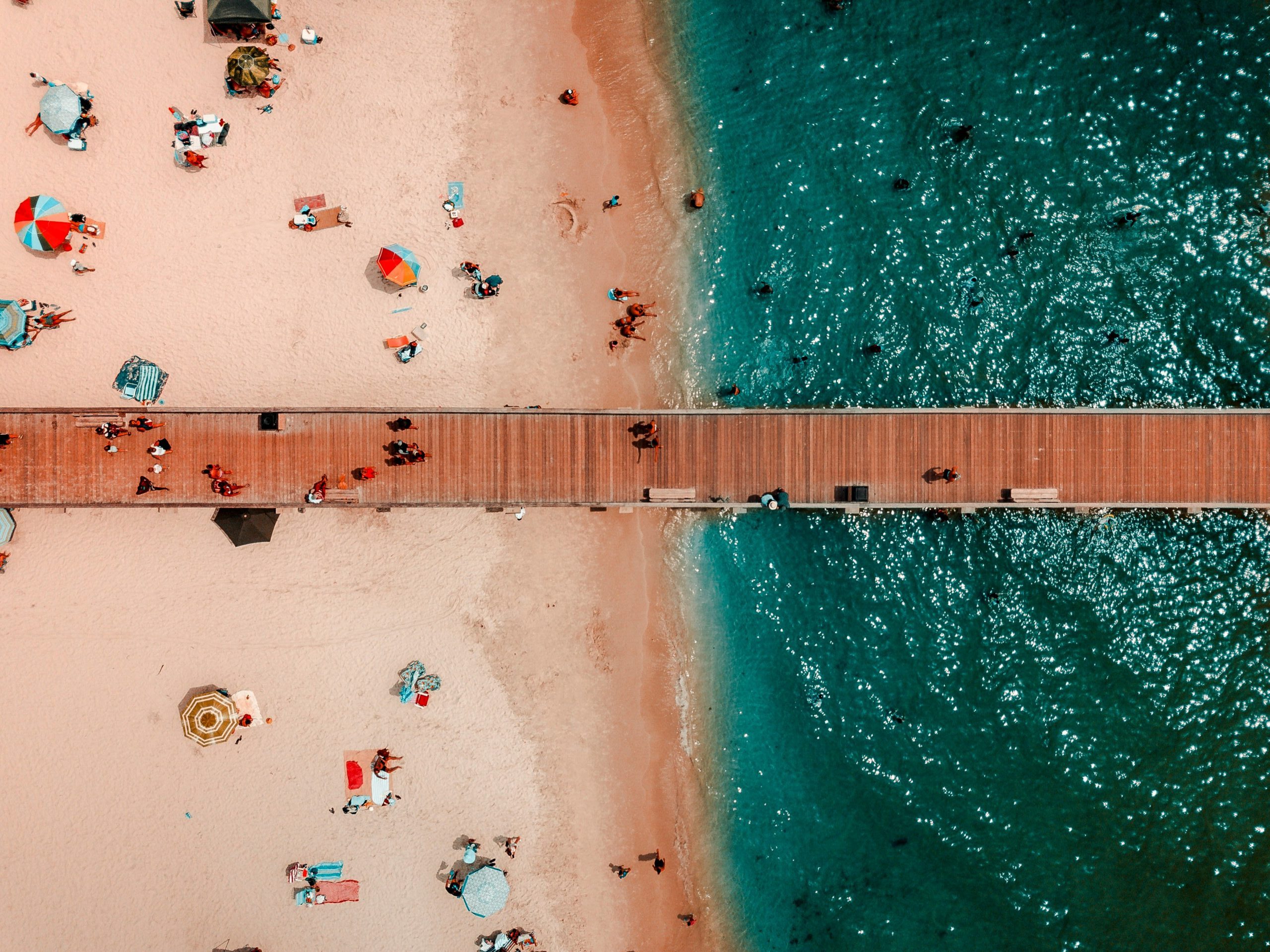Sun's Out!
As the sun emerges and the weather warms, Grace Health Centre wants to help you enjoy the summer safely. Here’s a detailed guide on understanding, preventing, and treating sunburns to ensure your skin stays healthy.
What are Sunburns?
Sunburns are radiation burns that appear on the skin following overexposure to the sun’s ultraviolet light. It results in red, painful skin that may blister and peel. Overtime, repeated sunburns can cause skin damage and genetic changes which develop into serious long-term health effects, such as skin cancer or vision loss.
How do Sunburns Occur?
Melanin is a pigment found in your skin that gives your skin its color. Melanin can absorb some UV radiation from the sun and while doing so, causes the pigment to darken (this is why you get darker with more exposure to the sun!). Genetics determines how much melanin you make. People with less melanin (such as fair-skinned people) tend to burn more easily. It is important to note that regardless of your skin color, a sunburn can happen to any skin type, especially after prolonged, unprotected sun exposure.

Sunburns on Different Skin Tones:



Barcin/ Shutterstock.com
Sutulastock/ Shutterstock.com
Jenari/ Shutterstock.com
Factors that may Influence Sunburn Severity:
There are many factors that can influence the severity of a sunburn. These can include:
- UV Index of the day, which shows the risk of getting a sunburn that day
- The higher the index, the quicker and more likely you are to burn (e.g. UV 8 vs. UV 2)
- Time of Day: the sun is at its peak between 10 AM to 4 PM. This is when the sun’s rays are the strongest and the UV is most intense
- UV light from the sun can pass through clouds, so it is important to avoid unprotected prolonged exposure to the sun even on cloudy days


- Proximity to Reflective Surfaces (i.e. water, white sand, concrete), which reflect the sun’s rays and can increase your risk of getting a sunburn
- Precaution Tips:
- Use sunscreen even on cloudy days as UV rays can be reflected by these surfaces
- Wear protective clothing and accessories when around reflective surfaces
- Precaution Tips:
- Geographic Location:
- Proximity to the equator (latitude): sunlight passes through the atmosphere more directly
- Altitude: It’s easy to get sunburned at higher altitudes because there’s less of the earth’s atmosphere to block the sunlight
- Precaution Tips:
- Be extra cautious when traveling to equatorial regions
- Use higher SPF sunscreen when at higher altitudes
- Fitzpatrick Skin Phototype:

Fair-skinned individuals (Types I and II) have less melanin, the pigment that provides some protection against UV rays, making them more susceptible to sunburn. While individuals with skin Type VI (very dark skin) have more melanin and are less likely to burn, they can still experience sunburn under intense or prolonged UV exposure.
How can I prevent Sunburns?
By preventing the incidence of sunburns, you can also lower your personal risk of skin cancer/vision loss associated with UV radiation from the sun. If you are going to be in the sun for a long time, during its peak (10AM to 4PM), and/or when the UV index is above 3, follow some of the tips below!

Apply SPF 30+ sunscreen 15 minutes before sun exposure and reapply every 2 hours

Immediate Sunburn Treatment:
Cooling your skin after a sunburn can provide significant relief from pain and reduce inflammation. Here’s a detailed look at how and why to cool your skin:
- How to Do It: use lukewarm to cool water, not ice-cold, to avoid shocking your system. Sit in a bath or stand under a gentle shower for 10-15 minutes
- Frequency: repeat several times a day as needed for relief
- Benefits:
- Pain Alleviation: The cool water helps soothe the burning sensation and reduce heat in the affected skin
- Swelling Reduction: Helps to decrease inflammation and swelling.
- Hydration: Keeps the skin moist, which can prevent peeling and further irritation
- Fun Tips:
- Additives: Add a few cups of colloidal oatmeal or baking soda to your bath for extra soothing effects
- DIY Cool Packs: Use a clean, damp cloth or make cool compresses by wrapping ice packs in a towel. Apply these to the burned areas for 15-20 minutes
- Aloe Vera Popsicles: Freeze aloe vera gel in ice cube trays for a fun and effective way to apply soothing aloe to your sunburn
- Precautions:
- Avoid using soaps or bath salts in cool baths, as they can irritate sunburned skin
- Pat your skin dry gently after the bath or shower; avoid rubbing
Over-the-counter Pain Relievers: Medications such as Ibuprofen and Acetaminophen can help reduce pain and inflammation associated with sunburn
Ibuprofen
- How It Works: Ibuprofen is a nonsteroidal anti-inflammatory drug (NSAID) that reduces inflammation, swelling, and pain
- Dosage: typically, 200-400 mg every 4-6 hours as needed. Follow package instructions
- Precautions:
- Stomach Issues: can cause stomach upset, ulcers, or gastrointestinal bleeding. Take with food or milk to mitigate
- Kidney Function: long-term use can affect kidney function. Stay hydrated
- Allergic Reactions: rarely, may cause allergic reactions. Discontinue if rash, swelling, or breathing difficulties occur
- Side Effects:
- Common: nausea, vomiting, headache, dizziness
- Serious: stomach pain, bloody stools, severe headache
Acetaminophen
- How It Works: Acetaminophen (Tylenol) is a pain reliever and fever reducer. It doesn’t reduce inflammation but is effective for pain relief
- Dosage: Typically, 500-1000 mg every 4-6 hours as needed, not exceeding 4000 mg per day. Follow package instructions
- Precautions:
- Liver Damage: High doses or long-term use can cause liver damage. Avoid alcohol consumption while taking
- Allergic Reactions: Rarely, may cause allergic reactions. Discontinue if rash, swelling, or breathing difficulties occur
- Side Effects:
- Common: Generally well-tolerated with few side effects
- Serious: Yellowing of skin/eyes, dark urine, severe abdominal pain
Mitigating Side Effects
- Hydration: Drink plenty of fluids to support kidney and liver function
- Food Intake: Take medications with food or milk to minimize stomach irritation
- Follow Dosage Instructions: Adhere strictly to recommended dosages to avoid adverse effects
- Consult Healthcare Providers: Speak with a healthcare provider if you have pre-existing conditions or are taking other medications
- Moisturize: Apply aloe vera or moisturizing creams to soothe and hydrate the skin
- Hydrate: Drink plenty of water to stay hydrated and help your skin recover
Severe Sunburn Treatment:
- Blisters: Do not pop blisters. Cover them lightly with gauze if needed
- Signs of Infection: Seek medical attention if you notice signs of infection, such as increased redness, swelling, pus, or red streaks
- Systemic Symptoms: If you experience fever, chills, severe pain, or confusion, seek medical help immediately
What is Dehydration?
Dehydration occurs when an individual has not replaced the amount of fluid that their body has lost due to normal bodily functions such as sweating and breathing. When the body loses water, essential salts such as sodium and potassium can also be lost. As a result, the body cannot function properly which can lead to symptoms such as fatigue, light-headedness, dizziness, confusion, as well as increased heart rate and breathing rate.
Signs & Symptoms
If you notice any of the symptoms depicted in the infographic to the right presenting in either yourself or a loved one, it’s important to take action quickly to prevent further fluid loss and complications.
Other Signs & Symptoms: thirst, less frequent urination, dry skin, and dry mouth.
Symptoms in Children: signs may also include an absence of tears when crying, an absence of wet diapers, sunken abdomen, eyes, and cheeks, lack of energy/enthusiasm, irritability, and skin that does not flatten when pinched and released

Preventing Dehydration
The best way to avoid the unpleasant symptoms and risks of dehydration is to prevent it from happening in the first place. Here are some tips to help you stay hydrated:
- Drink water throughout the day, even if you’re not thirsty. Aim for at least 8-10 glasses daily (provided your doctor hasn’t advised against this), and more if you’re physically active or in a hot environment
- Eat plenty of hydrating foods, such as fruits (watermelon, berries, citrus), vegetables (cucumber, celery, tomatoes), and soups.
- Limit your intake of sugary, caffeinated, and alcoholic beverages, which can contribute to fluid loss
- When exercising or spending time outdoors in hot weather, take frequent breaks to rest and rehydrate
If you’re ill with fever, diarrhea or vomiting, be sure to replace lost fluids and electrolytes with clear liquids and oral rehydration solutions.
How do I Treat Dehydration?
When caught early, mild dehydration can be treated at home by sipping on water and/or a sports drink. Serious dehydration requires medical attention and can progress into other more severe heat-related illnesses such as heat rash, heat cramps and/or heat stroke.
Mild cases of dehydration can often be treated at home by taking the following steps:
- Drink plenty of fluids: Sip on water, clear broths, frozen water or ice pops, or sports drinks containing electrolytes. Avoid alcohol and caffeinated beverages, as they can worsen dehydration
- Rest in a cool place: Find a cool, shaded area to rest and avoid strenuous activities until you feel better
- Try oral rehydration solutions (ORS): If you’re experiencing diarrhea or vomiting, consider using an oral rehydration solution to replenish lost fluids and electrolytes



When to Seek Medical Help
Severe dehydration is a medical emergency and requires immediate attention. Seek help right away if you or someone you’re with experiences any of the following:
- Extreme thirst
- Very dry mouth and skin
- Little or no urination
- Rapid heartbeat and breathing
- Confusion or disorientation
- Dizziness or fainting
- Unusual sluggishness or irritability in children
In these cases, hospitalization and intravenous fluids may be necessary to quickly and safely restore fluid levels.
Online Booking
Grace Health Centre cares for you and your well-being. For your convenience, our doctors offer extensive appointment care coverage on weekdays and Saturdays. We offer in-person appointments, as well as telephone visits for when you are out of town. Ensure to call our office first rather than visiting a local walk-in, and note that both yourself and your health care provider must be in Ontario for the visit to be covered under OHIP
Disclaimer: This article is for informational purposes only and does not constitute medical advice. Always consult with a qualified healthcare professional for diagnosis and treatment.


